Earth
-
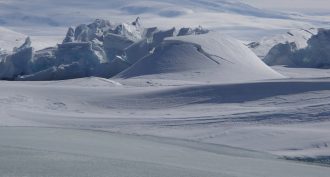 Earth
EarthExplainer: Understanding ice ages
Earth slowly wobbles, tilts and stretches (or contracts) as it orbits the sun. These changes may be fairly small and subtle. Still, their cumulative impacts can be huge — sometimes triggering the slow onset of an ice age or an abrupt thaw.
By Sid Perkins -
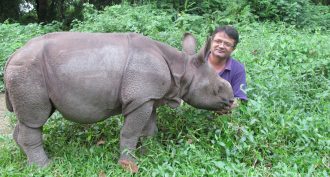 Animals
AnimalsRare as a rhino
Most species are rare. Some have always been rare. A problem develops when people are responsible for accelerating a species’ rarity to the point that extinction threatens.
-
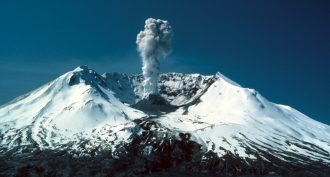 Earth
EarthExplainer: The volcano basics
Here’s an overview of what they are, where they form and the many ways they pose dangers.
By Sid Perkins -
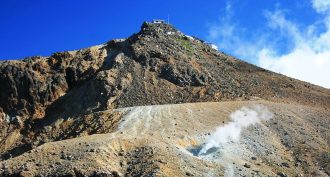 Earth
EarthNews Brief: Volcano in Japan kills dozens
Japan’s Mount Ontake is a favorite hiking spot. But an unexpected midday eruption on September 27 surprised hundreds on the mountain. Unable to escape, dozens near the summit died.
By Janet Raloff -
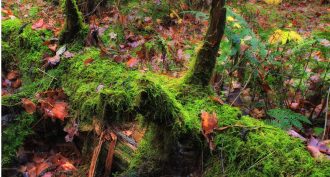 Microbes
MicrobesRecycling the dead
When things die, nature breaks them down through a process we know as rot. Without it, none of us would be here. Now, scientists are trying to better understand it so that they can use rot — preserving its role in feeding all living things.
-
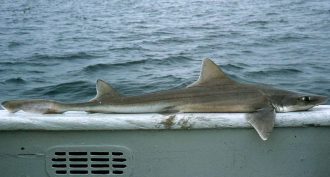 Animals
AnimalsSharks’ super sniffers at risk
Rising ocean acidity could rob sharks of their ability to sniff out dinner, marine biologists find.
-
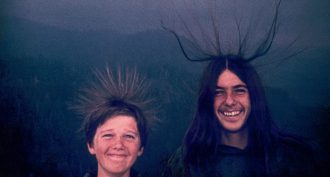 Climate
ClimateWhere will lightning strike?
When lightning strikes, the results can be deadly. But nature’s dazzling light show also can provide scientists with insights into when and where the next thunderbolt might strike.
-
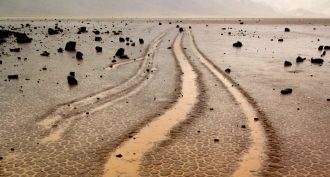 Earth
EarthSolved: Mystery of the ‘sailing’ rocks
Rocks and boulders periodically move across the Racetrack Playa in Death Valley, leaving tell-tale tracks in their wake. Using advanced technology, scientists have finally solved the mystery of how this happens.
-
 Animals
AnimalsChef puts eco-bullies on the menu
Some immigrant species can become a nuisance, eating up or displacing the natives. Often people find little incentive to catch and remove the newcomers — unless they find them too yummy to pass up.
By Janet Raloff -
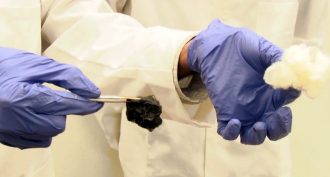 Tech
TechSoaking up oil spills — with cotton
Natural, low-grade cotton could help clean up oil spills better than synthetic materials, a new study finds. And unlike synthetics, cotton breaks down naturally.
-
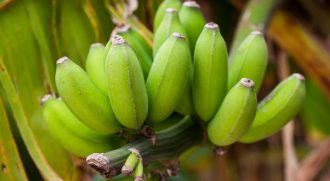 Plants
PlantsSaving the banana
A number of diseases threaten the world’s most popular fruit. Scientists are working to fight these blights. But if they don’t succeed, the sweet banana that’s a breakfast staple could disappear.
-
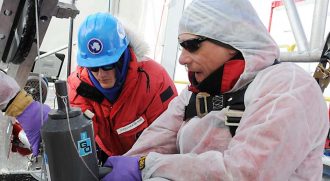 Microbes
MicrobesBuried Antarctic lake teems with life
Last year, scientists drilled 800 meters (roughly a half mile) down through ice to reach a pitch-black Antarctic lake. They now report that lake hosts a thriving community of one-celled microbes.